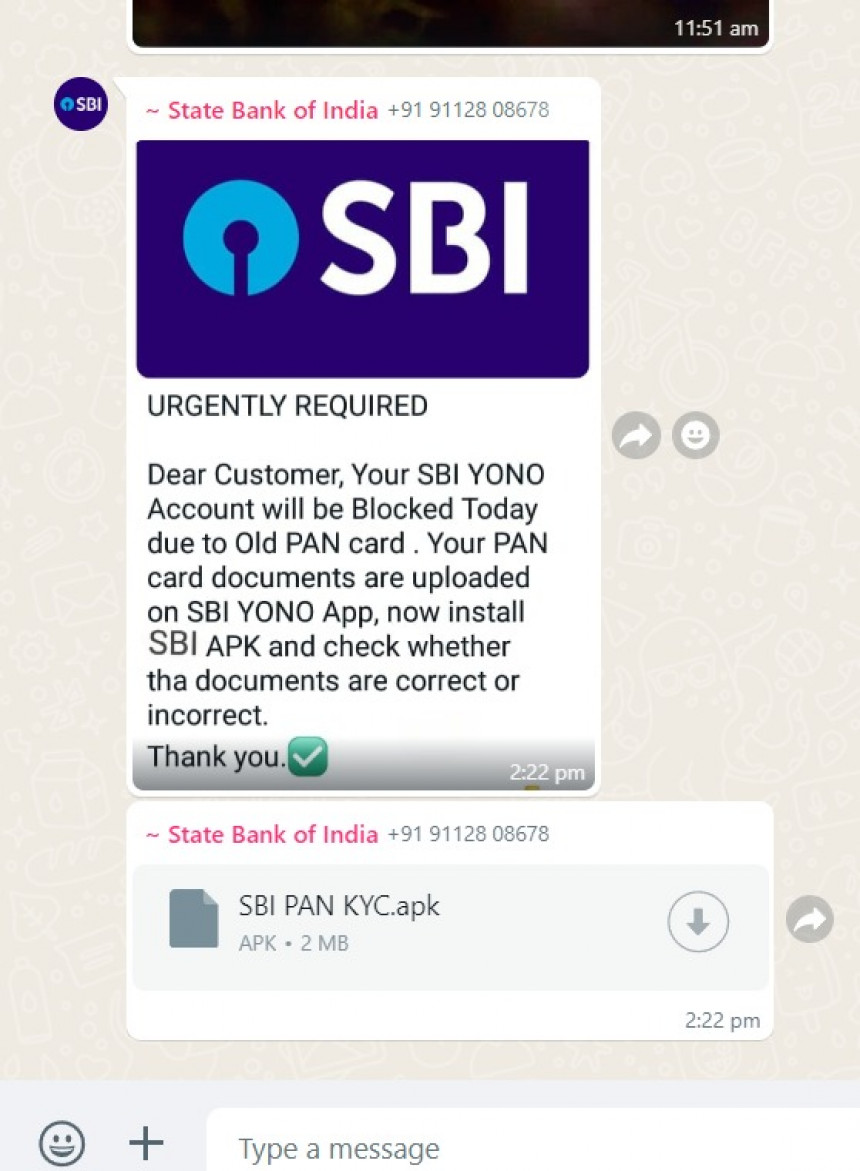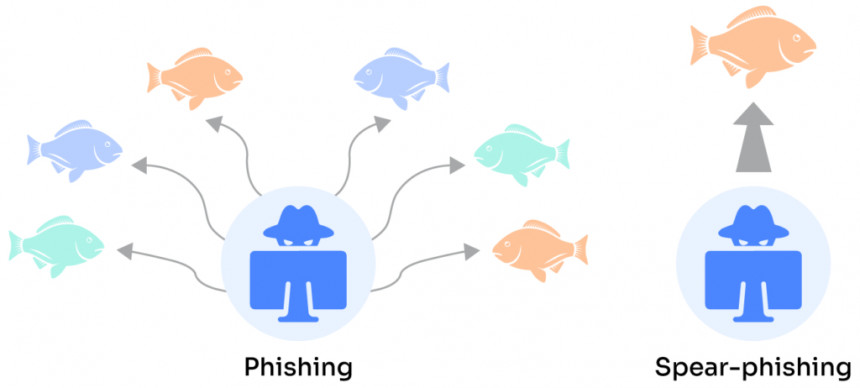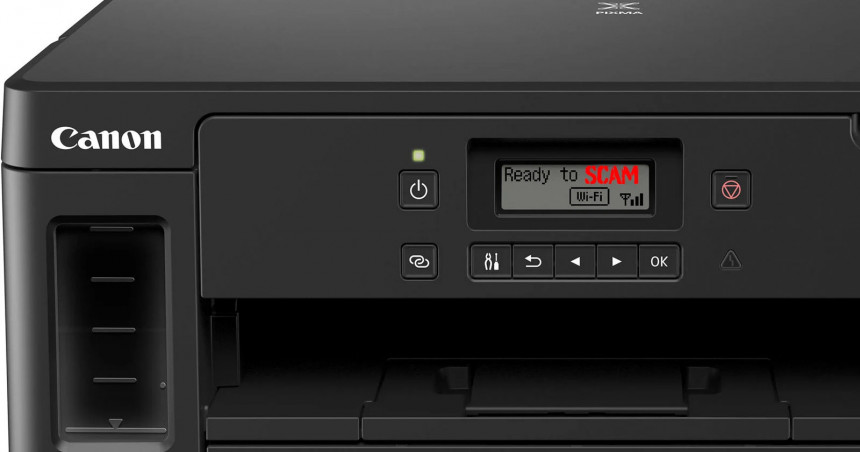
Issues with the printer? Watch out for fake help.
Google may get you into more difficulty than you might think, even though printer problems are quite common.
It's likely that everyone who has ever used a printer has encountered a frustrating situation at some point. There always appears to be a problem, whether it's the software not working, the paper jamming, or any of the several other potential malfunctions.
People frequently use Google (and now AI) to find answers when they need assistance. Scammers take advantage of gullible and angry consumers who are prepared to hurl their printer out the window.
When consumers click on a malicious Google ad, they are taken to a fake website that frequently uses authentic brand names and logos. By fooling people with phony printer drivers that never install, the criminals hope to convince those people to call them.
In this blog post, we review how this scam works and how to stay away from it.
Ads in malicious searches
Canon and HP are two of the most well-known printer brands. You would probably find sponsored results at the top of the search results page if you were looking for assistance connected to any of those brands right now on Google.
Regretfully, these advertisements are typically from tech support scammers rather than reputable companies. Four advertisements for the search term "HP printer help" are displayed in the image below. The official HP website doesn't show up until after those.
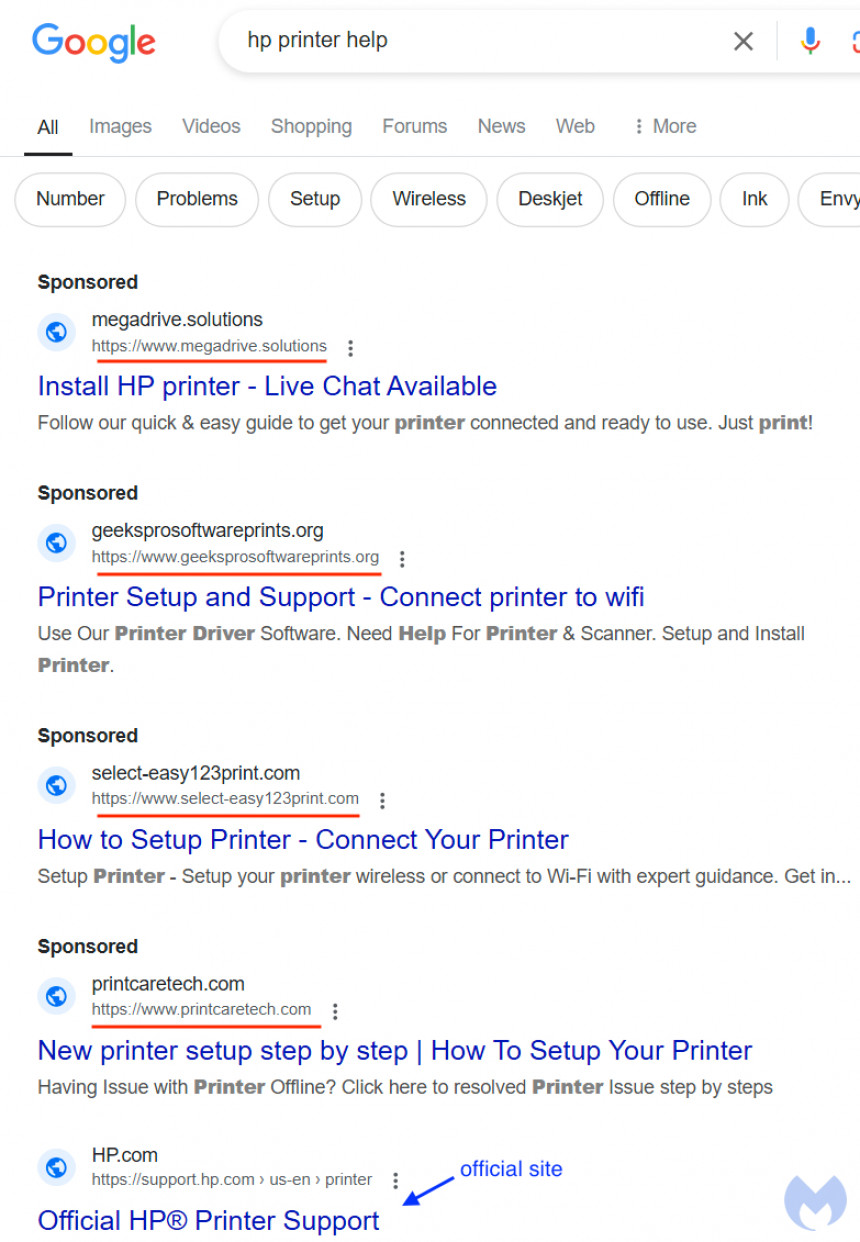
You would be correct if you said that customers have no chance. You would be duped until you clicked on the official (organic) search results.
Among the websites on the list are:
megadrive[.]solutions geeksprosoftwareprints[.]org select-easy123print[.]com printcaretech[.]com
Printer software drivers scam
A driver is a piece of software that connects your computer to physical hardware, like your printer. Drivers were crucial in the early days of Microsoft Windows in order to allow printers, monitors, and other devices to function. These days, the operating system typically does a decent job of identifying new hardware and immediately installing the necessary drivers. In addition to the fact that some manufacturers choose to include extra software with their drivers, there are notable exceptions.
When you click on a malicious advertisement, the website asks you to input the model number of your printer so that it may download and "install" the necessary driver. The website merely shows a recorded animation that consistently displays the same error message, and this is completely fraudulent.
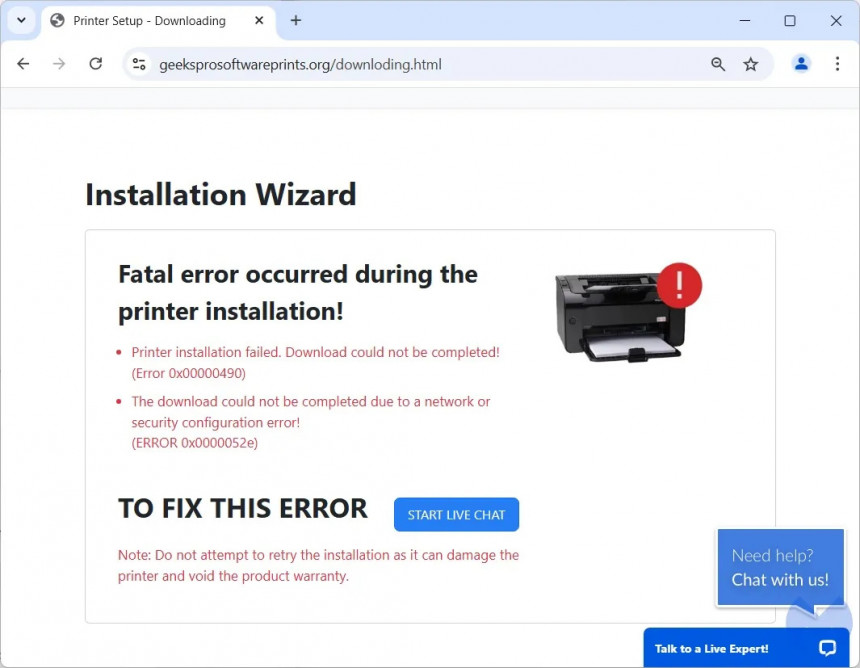
Remote access and extortion
Numerous people fall victim to these kinds of frauds, and entire armies of tech support professionals are ready to deceive them while working in subpar conditions. Scams typically follow the same script, in which the victim is asked for personal information by a support worker posing as a well-known company.
Scammers frequently ask for and are given remote access to a user's computer. As a result, they have the power to shut down the computer, steal data, or even use it to access the victim's bank account.
For this reason, it is crucial to exercise utmost caution when dealing with online search ads and search results in general. Malwarebytes Browser Guard and other browser extensions will not only block advertisements but also the malware or fraudulent websites linked to these schemes.
Although it won't solve your printer problems, at least you won't have to deal with being duped. Online forums are typically an excellent starting point for these kinds of inquiries, and if you're fortunate enough to have a computer-savvy family member, that's always a good favor to ask.

